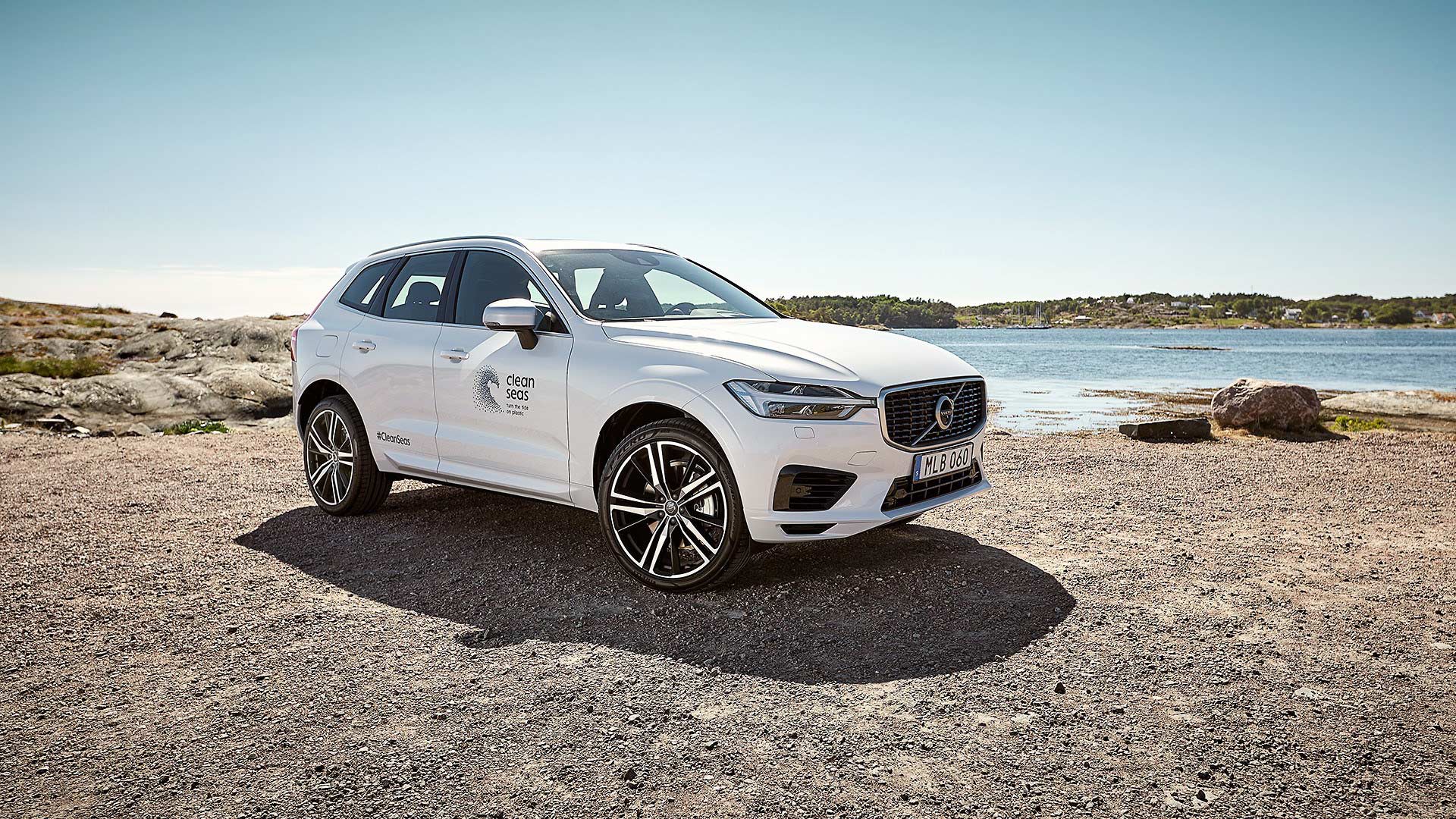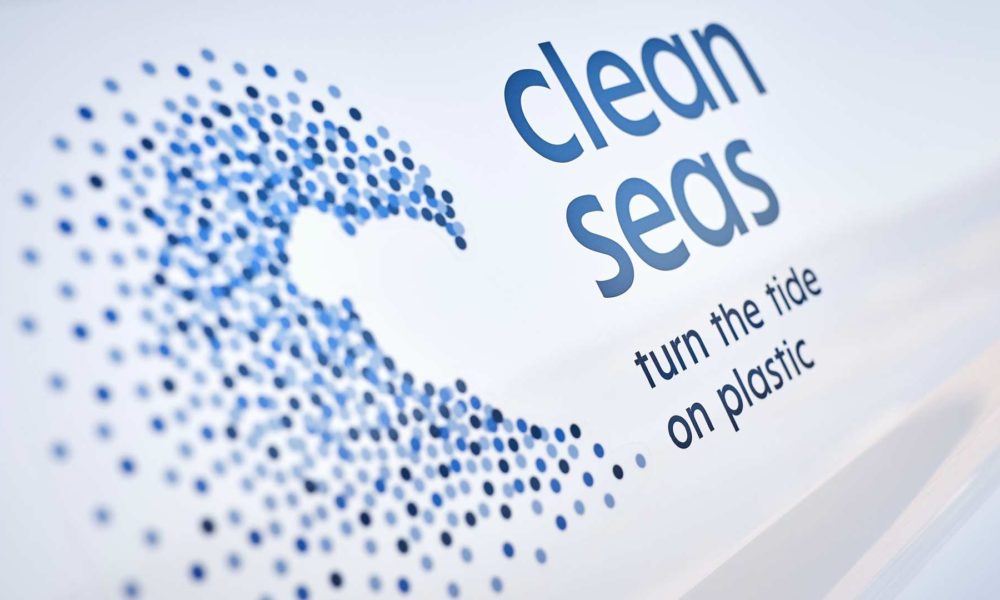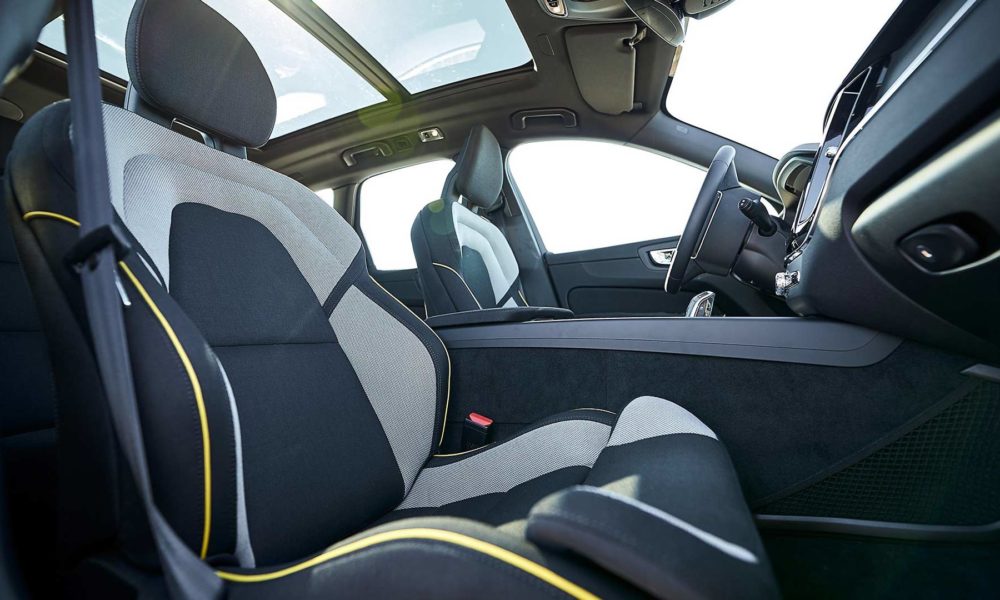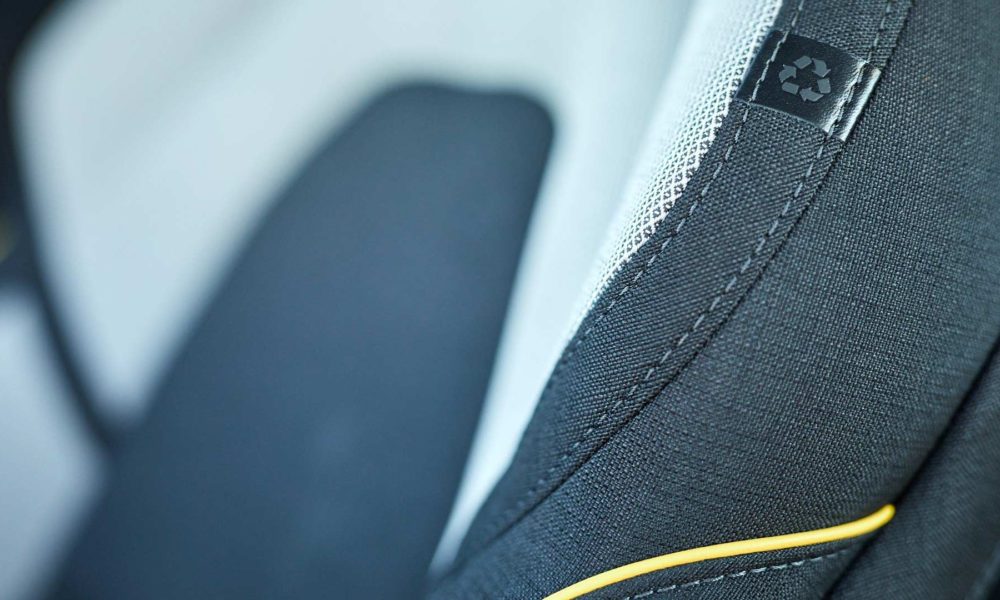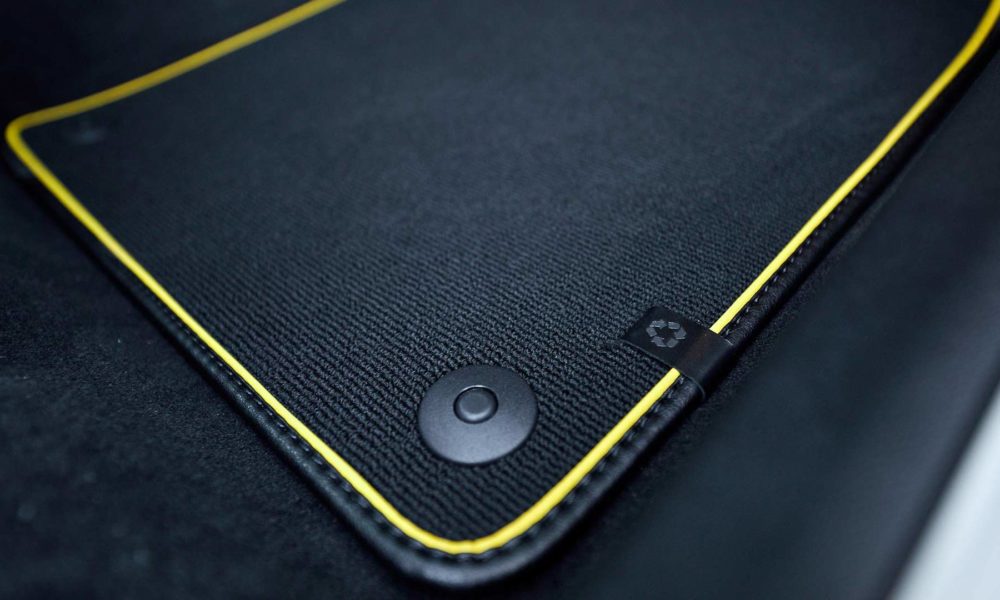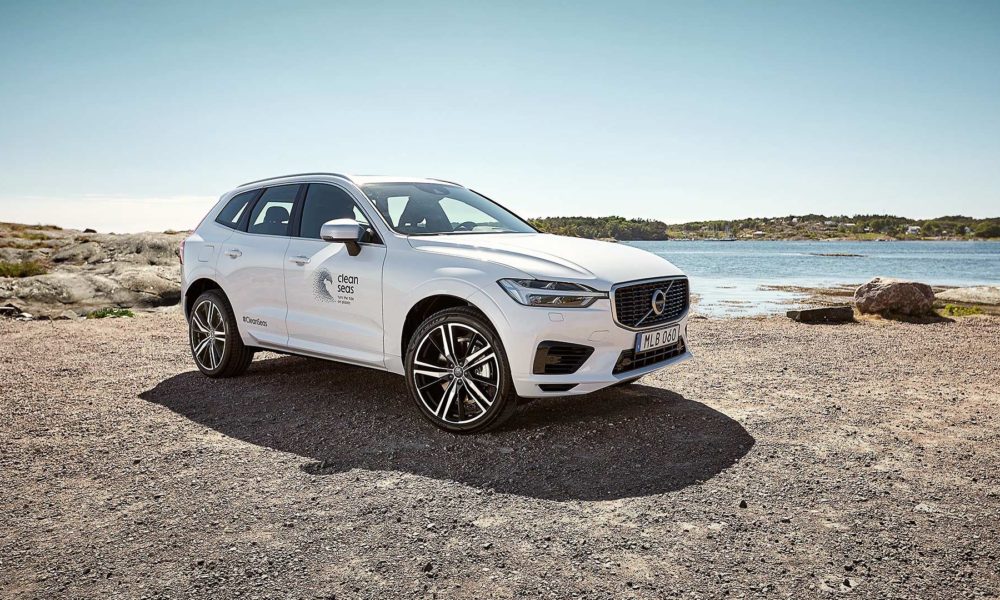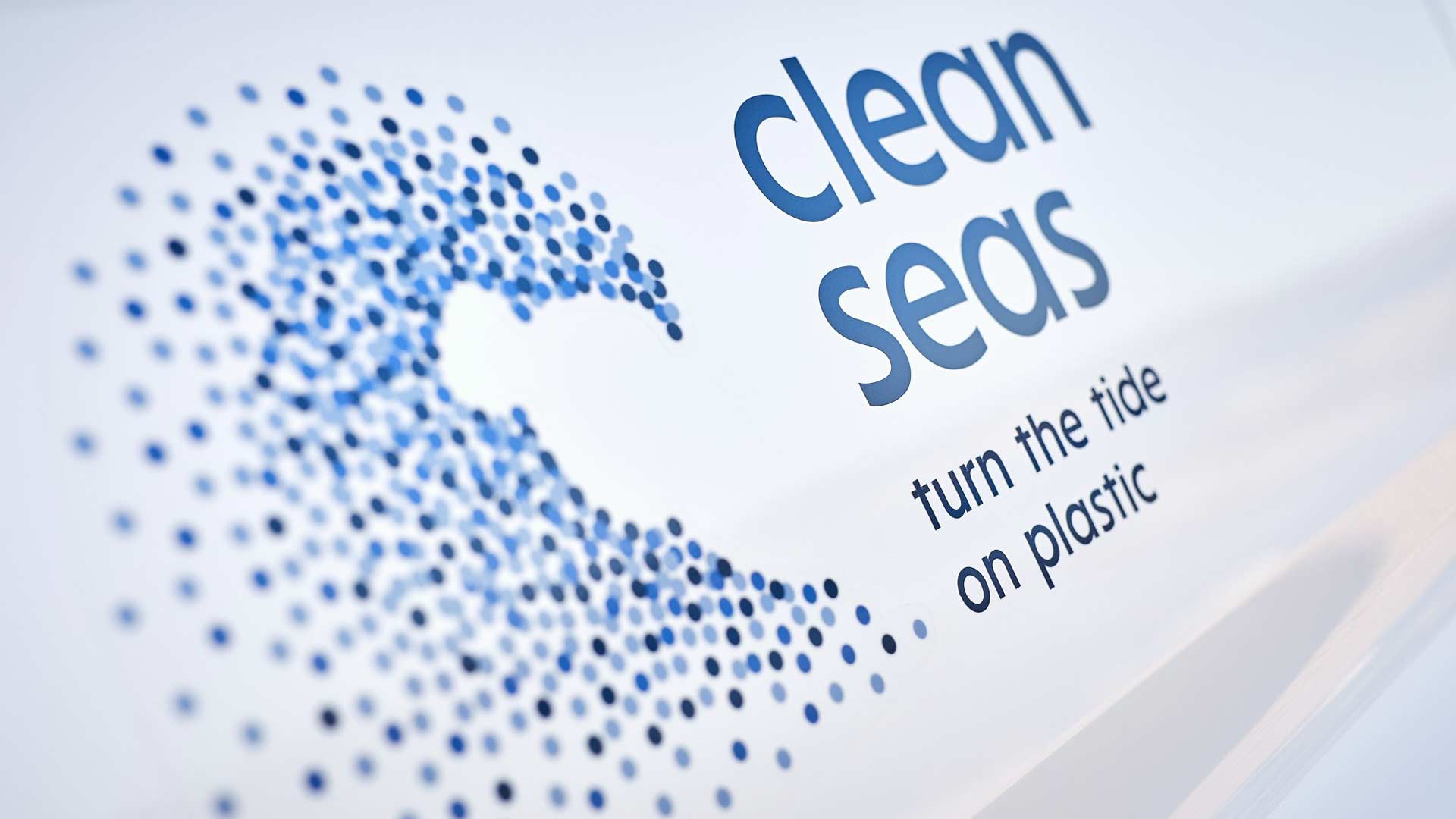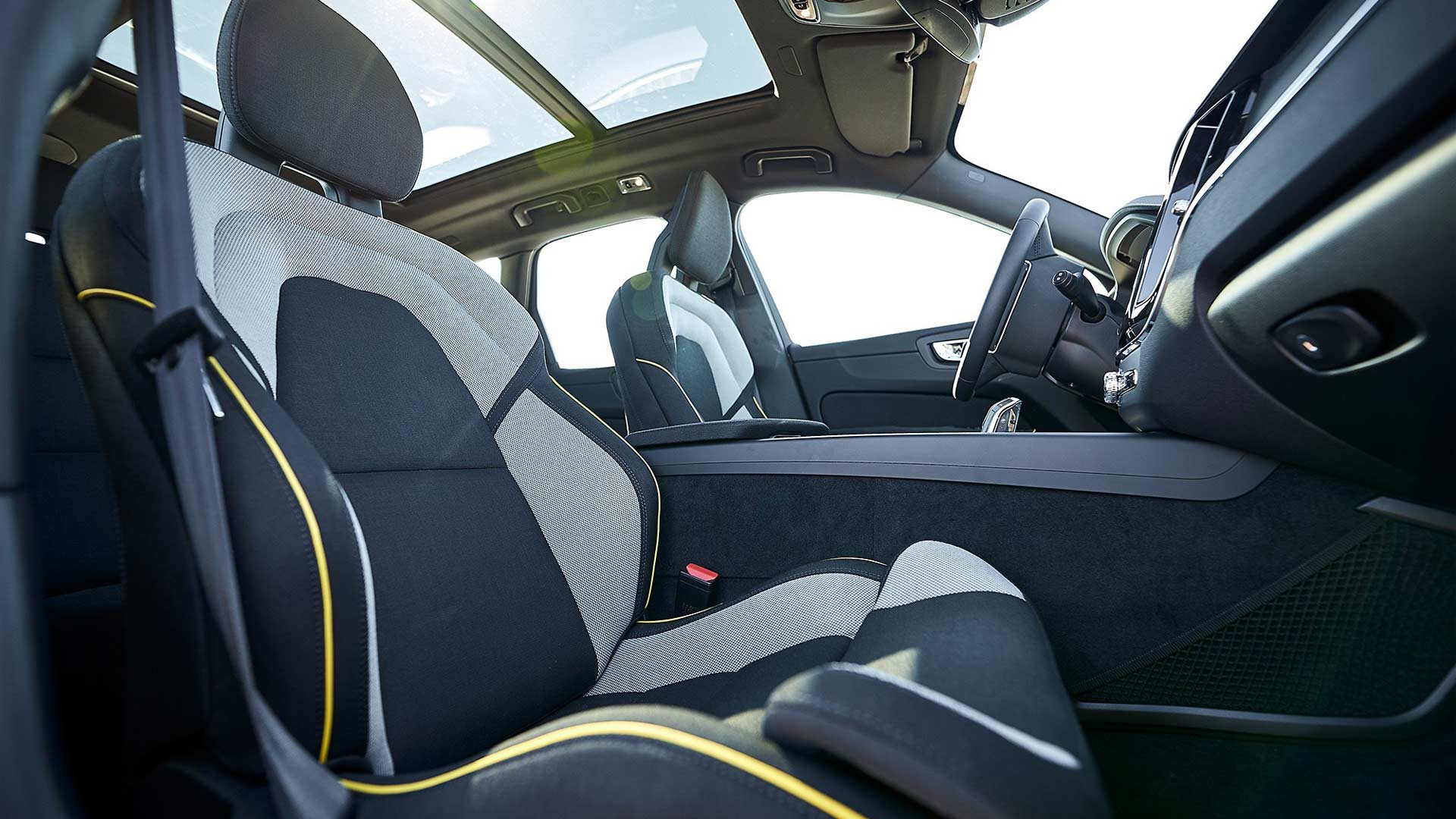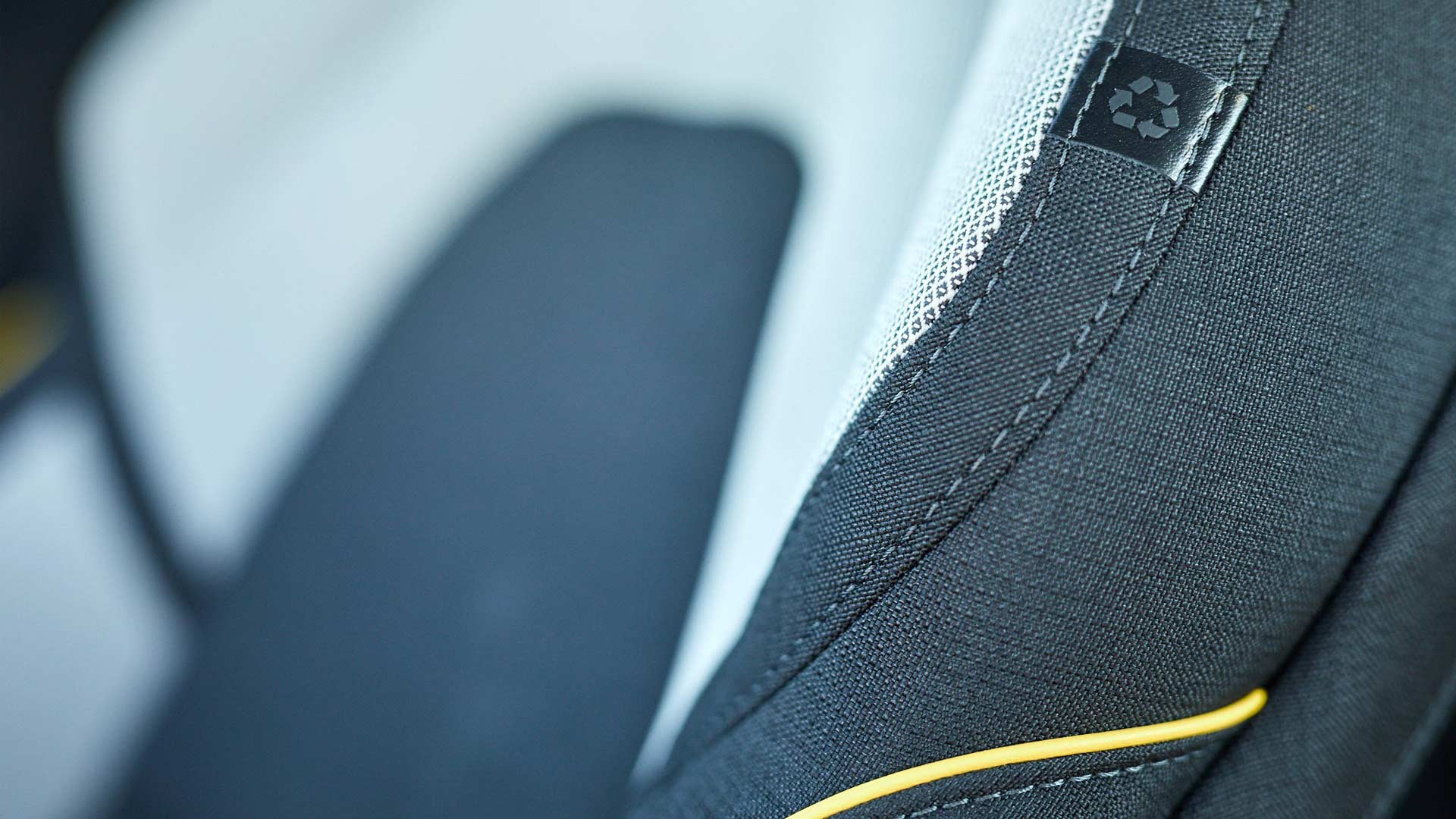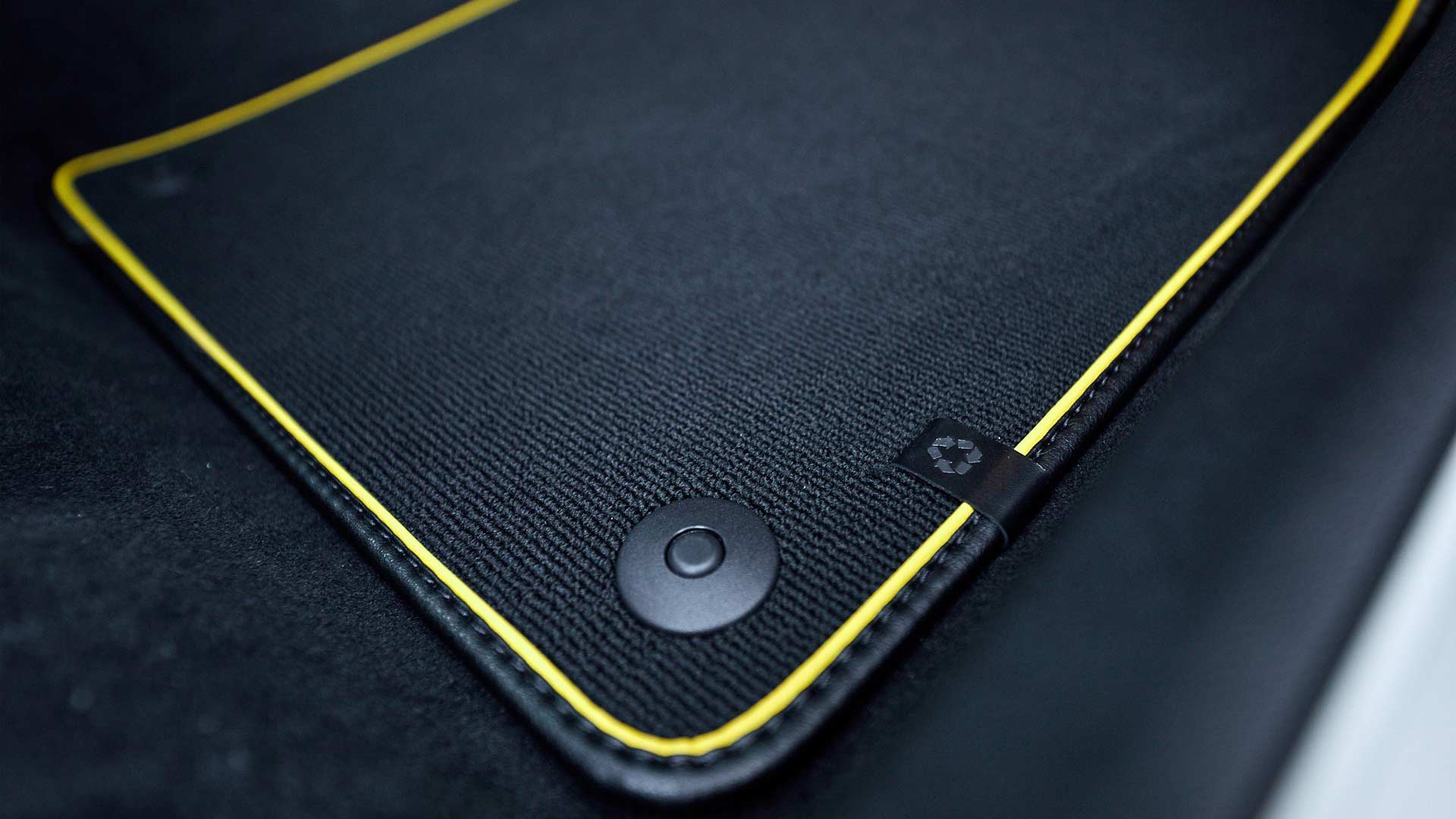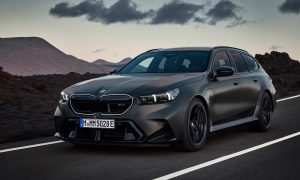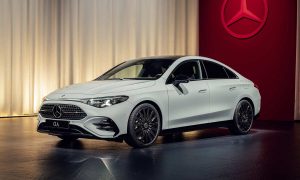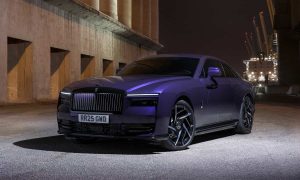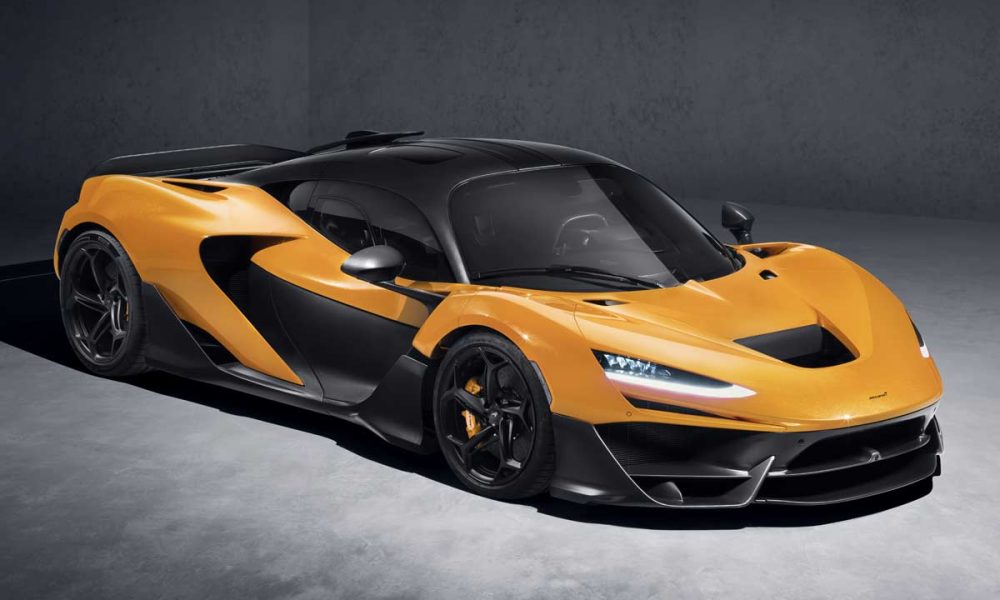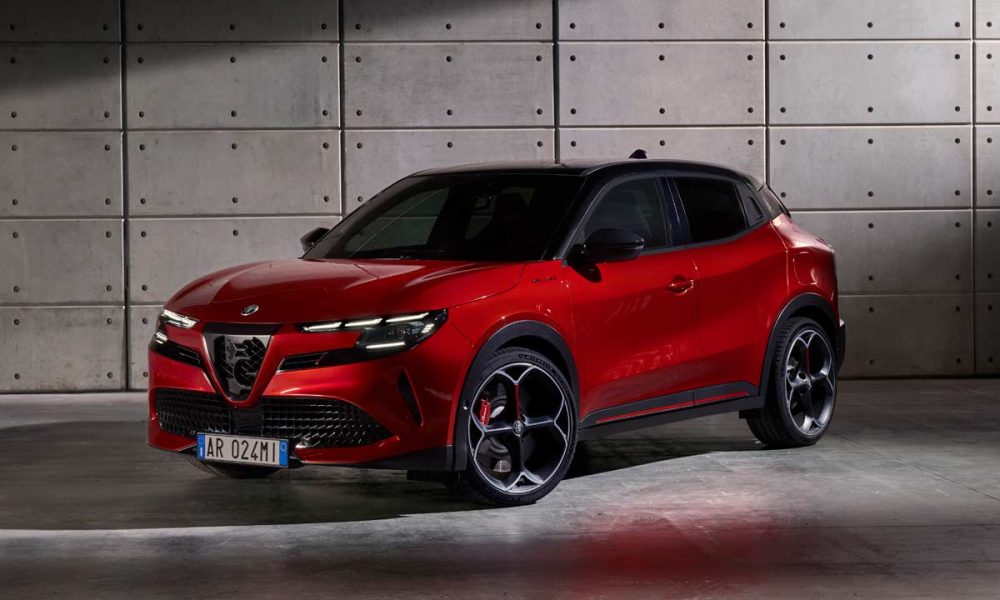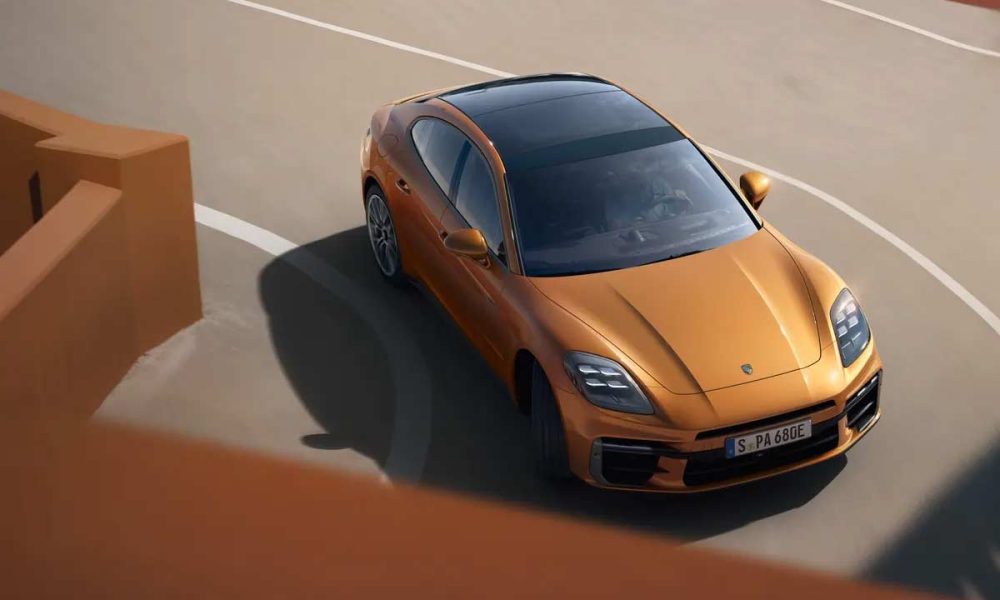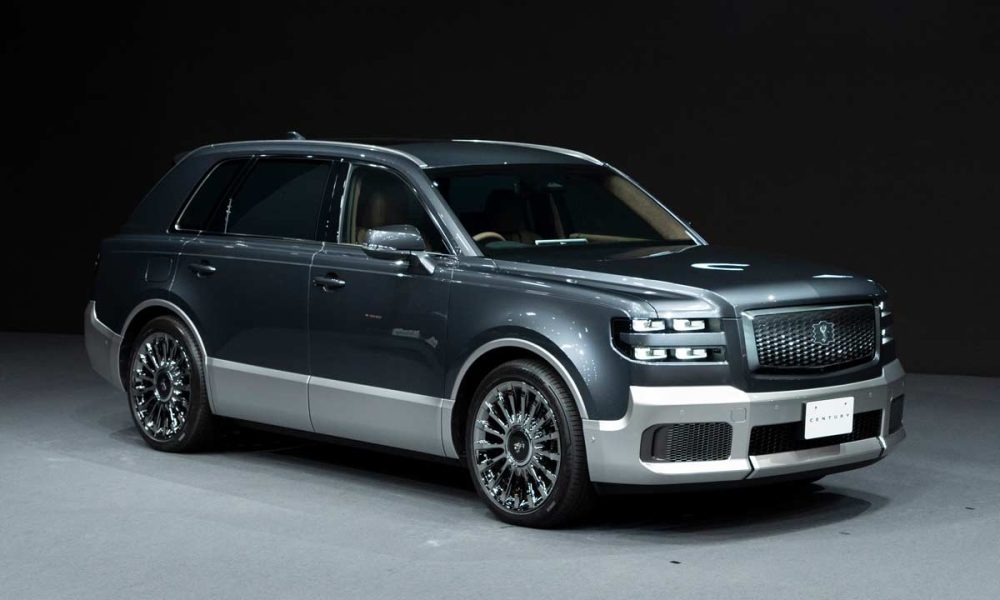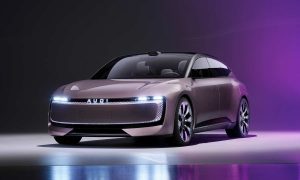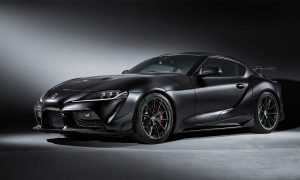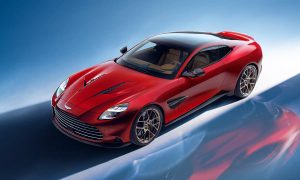Volvo Cars is aiming to use at least 25 per cent of the plastics made from recycled materials in every newly car that is launched from 2025. The company has also urged the industry suppliers to develop components that are as sustainable as possible, containing more recycled plastics.
Volvo showcased a specially-built version of its XC60 T8 plug-in hybrid SUV that looks identical to the existing model, but had several of its plastic components replaced with equivalents containing recycled materials. But don’t worry. Most of these recycled components are sort of “behind the scenes”, and won’t bother you.
The special XC60’s interior has a tunnel console made from renewable fibres and plastics from discarded fishing nets and maritime ropes. On the floor, the carpet contains fibres made from PET plastic bottles and a recycled cotton mix from clothing manufacturers’ offcuts. The seats also use PET fibres from plastic bottles. Used car seats from old Volvo cars were used to create the sound-absorbing material under the car bonnet. Watch the video below to understand more.
The recycled-plastics XC60 was revealed at the Ocean Summit during the Gothenburg Volvo Ocean Race stopover. The race’s focus on sustainability centres on a partnership with the United Nations Environment Clean Seas campaign, focusing on the call to action, ‘Turn the Tide on Plastic’.
“Volvo Cars is committed to minimizing its global environmental footprint,” said Håkan Samuelsson, President and CEO of Volvo Cars. “Environmental care is one of Volvo’s core values and we will continue to find new ways to bring this into our business. This car and our recycled plastics ambition are further examples of that commitment.”
“We already work with some great, forward-thinking suppliers when it comes to sustainability,” said Martina Buchhauser, Senior Vice President of Global Procurement at Volvo Cars. “However, we do need increased availability of recycled plastics if we are to make our ambition a reality. That is why we call on even more suppliers and new partners to join us in investing in recycled plastics and to help us realize our ambition.”
In 2017, the company announced electrification of all models from 2019, and will also stop offering diesel engines at the same time. In addition, Volvo aims for 50% of its sales to be electric by 2025.

Leave a Reply
Note: Comments that are unrelated to the post above get automatically filtered into the trash bin.
